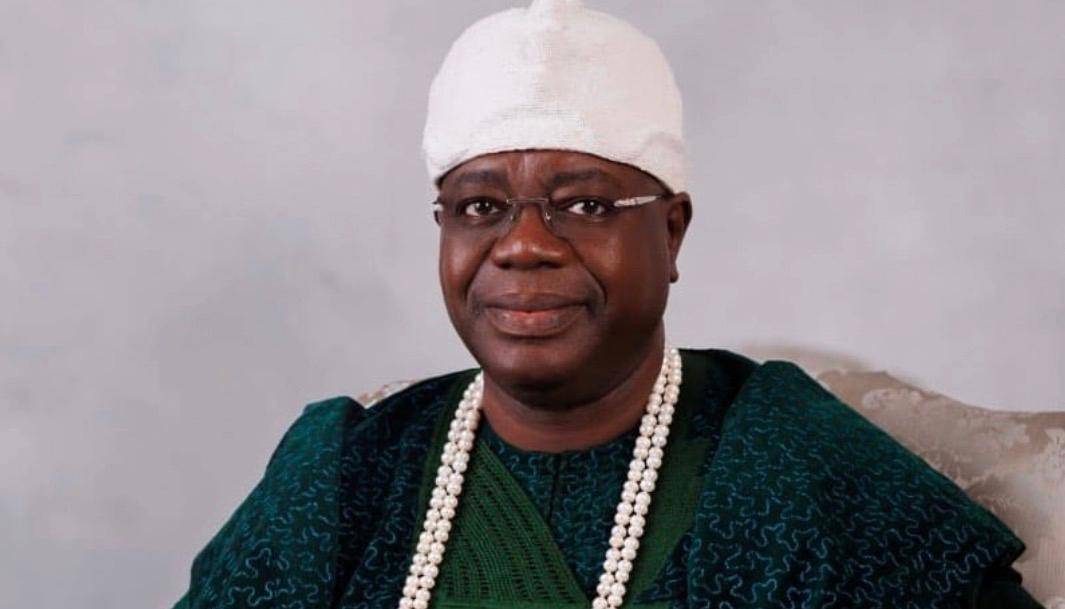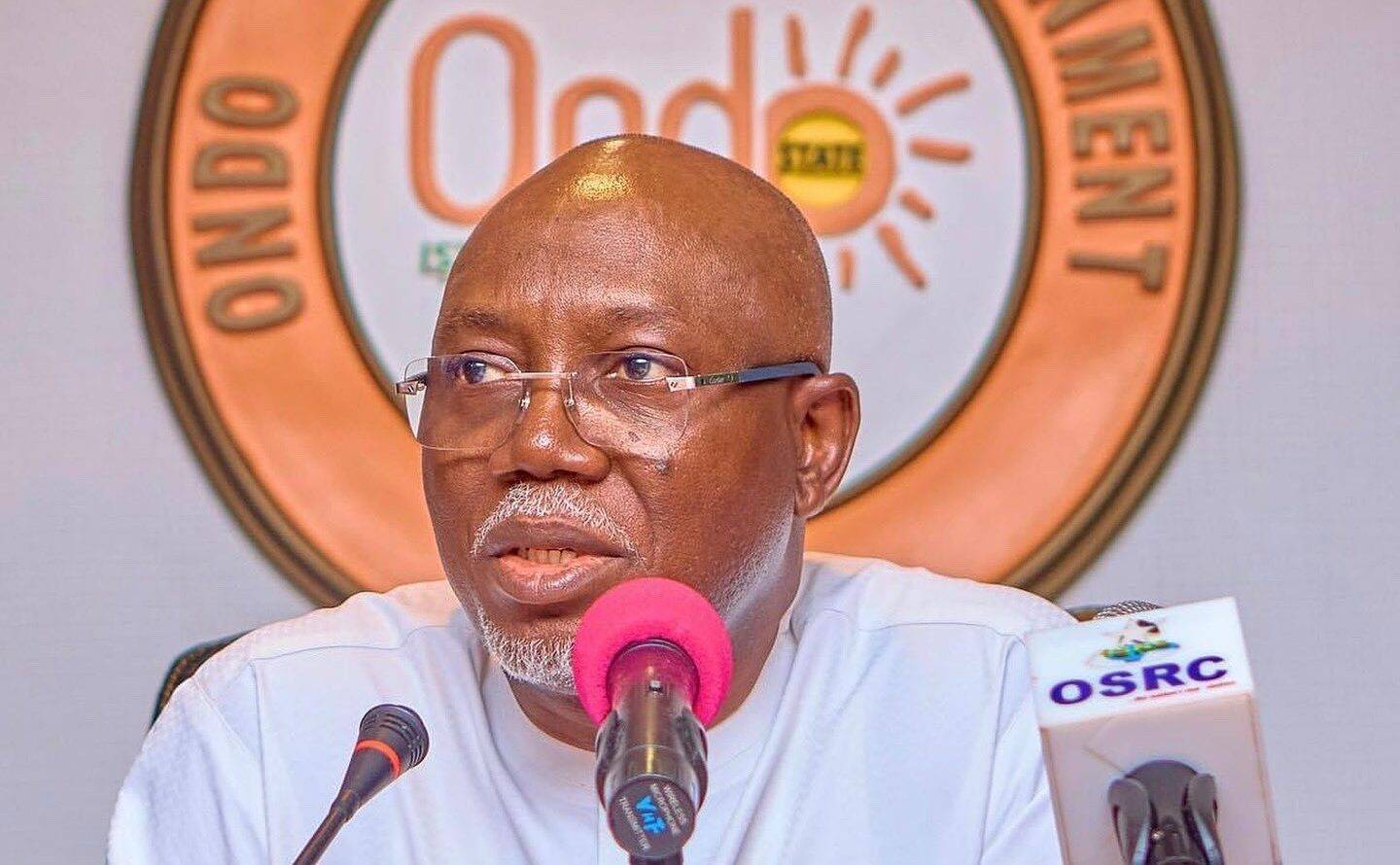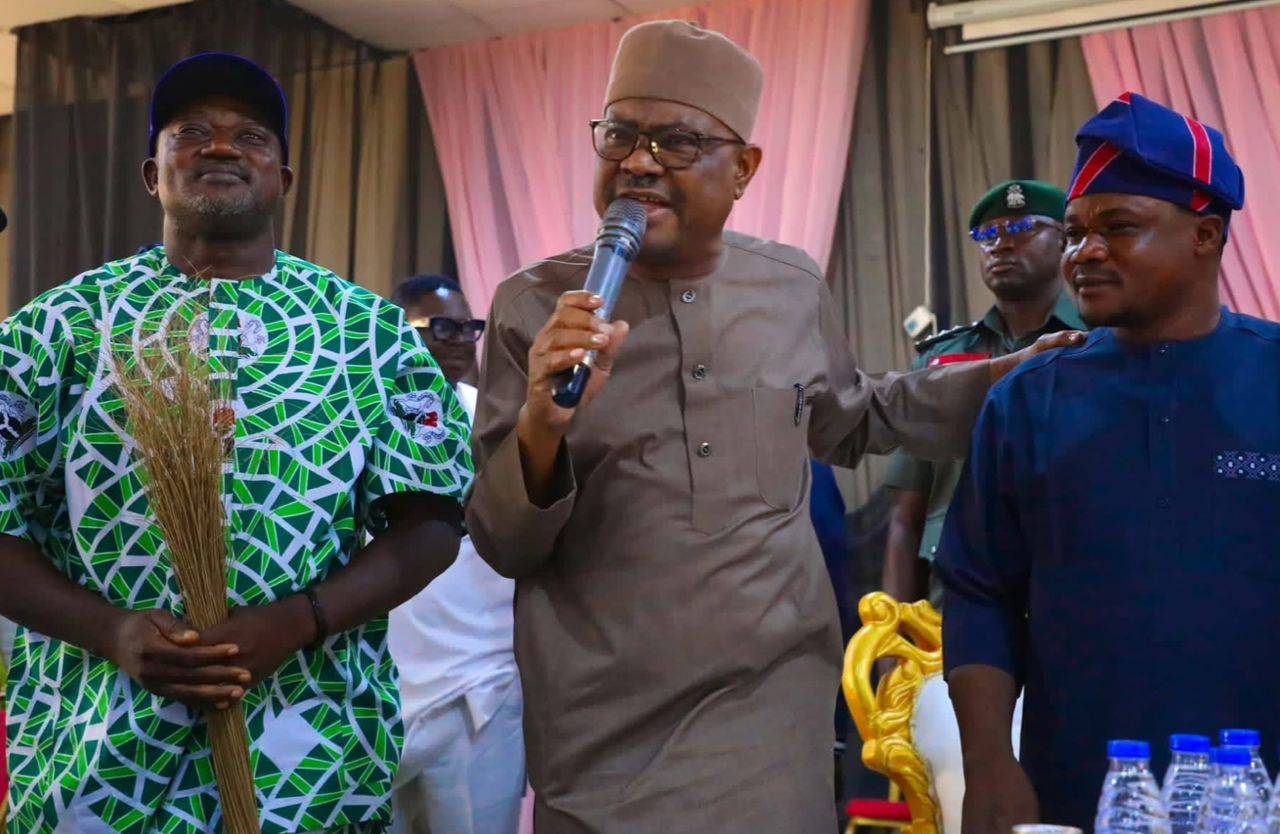This week, the National Union of Local Government Employees (NULGE), at the end of its National Executive Council (NEC) meeting, called on President Bola Tinubu to enforce the judgement of the Supreme Court granting local government councils what amounted to financial and administrative autonomy, consistently advocated by many as critical to the effective functioning of that level of government. In its judgement delivered on July 11, 2024, the apex court granted a request by the Tinubu administration that the local government councils be paid their statutory allocations from the Federation Account directly, such that such funds would no longer be subject to alleged widespread deductions and diversions by state governments to the detriment of meaningful grassroots development.
The NULGE was piqued that, over a year after what was widely celebrated in many quarters as a landmark judgement that would considerably enhance the capacity of local governments to discharge their constitutional responsibilities, the decision of the country’s highest court is nowhere near being implemented. State governments continue to be the recipients and distributors of local government statutory allocations from the Federation Account through the State Joint Local Government Account. The desired financial autonomy at that level, which presumably motivated the federal Government’s legal action, thus remains largely in abeyance, rendering the apex court verdict essentially theoretical so far.
It is thus understandable that NULGE views the continuing non-enforcement of the judgement as an “undue delay” that “undermines the principles of democracy and denies the people at the grassroots the numerous benefits associated with the autonomy of local government administration” while stressing that “It is expected that a democratic and people-oriented government should abide by the tenets of democracy and respect the rule of law”. The union reiterates the conventional wisdom that an autonomous local government system would facilitate better service delivery, accountability and participatory governance, thus ensuring more effective realisation of governance dividends at the community level.
But can it be that there are concrete and complex intricacies and impediments that make the attainment of the desired degree of autonomy at the local government level less straightforward and feasible than it appears, thus placing formidable obstacles on the path of the smooth implementation of the Supreme Court judgement? This column has always taken exception to the view expressed in certain quarters that the idea of the local government as a constitutionally recognised tier of government and thus part of the federal compact violates the federal principle and is thus undesirable and unworkable.
Although Brazil is one of the very few federal systems that, like Nigeria, confer constitutional recognition on local governments, objections to the desired autonomy of a third layer of community governance that spurred this initiative cannot, in my view, be predicated on reflexive, doctrinaire and ideological considerations. With its relentless foray into areas hitherto considered exclusive preserves of sub-national jurisdiction in the United States, for instance, the Trump administration is demonstrating with the continued backing of the country’s Supreme Court so far that assumed ideal models of federal practice are essentially mythical.
However, in his contribution to public discourse on the matter in a recent interview on national television, former Lagos State governor, federal Minister and senior lawyer, Mr Babatunde Fashola, opened fresh dimensions of thinking on the issue of local government autonomy not on the basis of ideology but concrete legal, political and administrative considerations. Arguing that the Constitution did not envisage autonomous local government councils, he pointed out that this is demonstrated by the fact that state Houses of Assembly are empowered to make laws guiding local government economic activities in contradiction to the assumed principle of autonomy.
As he put it, “If you look at the legal and ordinary meaning of the word autonomy, it suggests that you are acting independently without any outside influence. So, when a State Assembly makes laws for how a local government functions, that is clearly external influence”. Again, with reference to the responsibilities of local governments as provided for in the Fourth Schedule of the Constitution including primary education, healthcare, road construction, cemeteries and the operation of slaughter houses, Fashola contended that these functions are largely dependent on land, which is controlled by state governments.
In his words, “Those responsibilities are all dependent on one item – land. To the extent that state governments control land, I don’t think that autonomy was intended. What I think was intended was some form of collaboration, supervision, or oversight by states over local governments”. It was the need for such supervision over local government finances, informed by the experience of most local governments defaulting on meeting their financial obligations to their workers including primary school teachers and primary healthcare workers when they received direct allocations from Federation Account before 1999, he noted, that necessitated Section 162 of the constitution, “which provides for the State Joint Local Government Account as a deliberate mechanism of financial oversight”.
Strongly opposing Fashola’s position, Chief Niyi Aborisade, lawyer, human rights activist and governorship aspirant in Oyo State in 2027 on the platform of the People’s Democratic Party (PDP), contended that “I cannot subscribe to what the former governor said. Local government autonomy is realistic. It is the governors of states that arrogate power to themselves. The law is clear on the autonomy of local government. We have done it before. What we have now is due to the excessive power of the governors to control money; now, many governors are just giving out peanuts to the local government Chairmen and using them as effective tools to control the people. That is why there is no longer development in the local government.”
But it would appear to me that, beyond emotions, Fashola has raised concrete issues on local government subordination to states – constitutional regulatory functions of states over local councils and control of land by states – which have implications for state-local government relations and cannot be easily glossed over. There is also Section 7(3) of the 1999 Constitution, which, as explicated by Wikipedia, “mandates that a local government council must participate in economic planning and development within its area, and that the State House of Assembly must enact a law to establish an economic planning board to facilitate this. This section ensures that local councils have a role in their area’s economic activities, requiring state governments to provide the legal framework for such boards”.
It is difficult to credibly fault the position that local governments are too territorially intertwined with states to allow for the kind of autonomy that is difficult to distinguish from independence that a union like NULGE understandably desires. And the Constitution demonstrably makes no provision for such. But is the current situation, where most state governments incapacitate local governments financially and thus obstruct meaningful development at the grassroots with negative implications for national progress and transformation, desirable or sustainable in the long run? Most certainly, no. What then is to be done?
Fashola has demonstrated that the Constitution envisages collaboration between states and local governments, and even some degree of supervision of the latter by the former. But is this incompatible with a reasonable amplitude of autonomy on the part of community-level governments? Again, I don’t think so. However, the most critical emphasis must be on the democratic autonomy of the local government councils, which in my view is even more critical and fundamental than financial or administrative autonomy, which were the main areas of focus of the former governor.
Indeed, the Supreme Court judgement in question directly addressed this problem when it made it illegal for state governors to dissolve elected local government councils or appoint caretaker committees for the councils. Indeed, this decision has been complied with across the country, with all state governments now conducting local government elections at which officials to run the councils are chosen by the electorate. The critical question now is that of the integrity and credibility of local government elections in which parties in control of the state governments win virtually all Chairmanship and councillorship positions.
Such elections are farcical and constitute a gross waste of time and financial resources. Such flawed and perverse electoral systems at the grassroots will necessarily render nugatory any assumed benefits to be derived from granting greater financial or administrative autonomy to local governments.
It is unfortunate that the anchor of the television programme on which Mr Fashola featured did not seek to tap his insights on how democratic governance can be deepened and made more meaningful and realistic at the grassroots. Some have advocated that the responsibility for conducting local government elections be transferred from state electoral commissions to the Independent National Electoral Commission (INEC). It is just the same way that fears are expressed on the likelihood of State governors abusing the control of state police if sub-national police outfits are constitutionally sanctioned. We cannot perpetually run away from instituting the requisite checks and balances that will enable sub-national jurisdictions to discharge with credibility and integrity, responsibilities that they must bear in a federal system.
If the votes of the people counted at the grassroots and local government elections reflect the will of the people as expressed in free and fair elections, it will not matter if councils receive their statutory allocations directly or through Joint State Local Government Accounts. Rather, non-performing councils will be aware that they will face the verdict of the people in polls that are difficult to manipulate by state governments. But is the direct payment of statutory allocations to local government a sufficient condition to guarantee accountable, efficient and maximally productive governance at the grassroots? Mr Fashola has raised issues of the capacity, both of skilled personnel and resilient administrative and organisational structures at that level, which are critical for financial autonomy to achieve the desired objectives.














